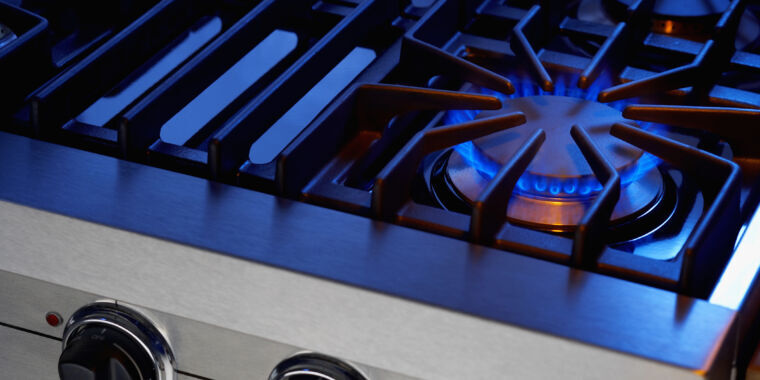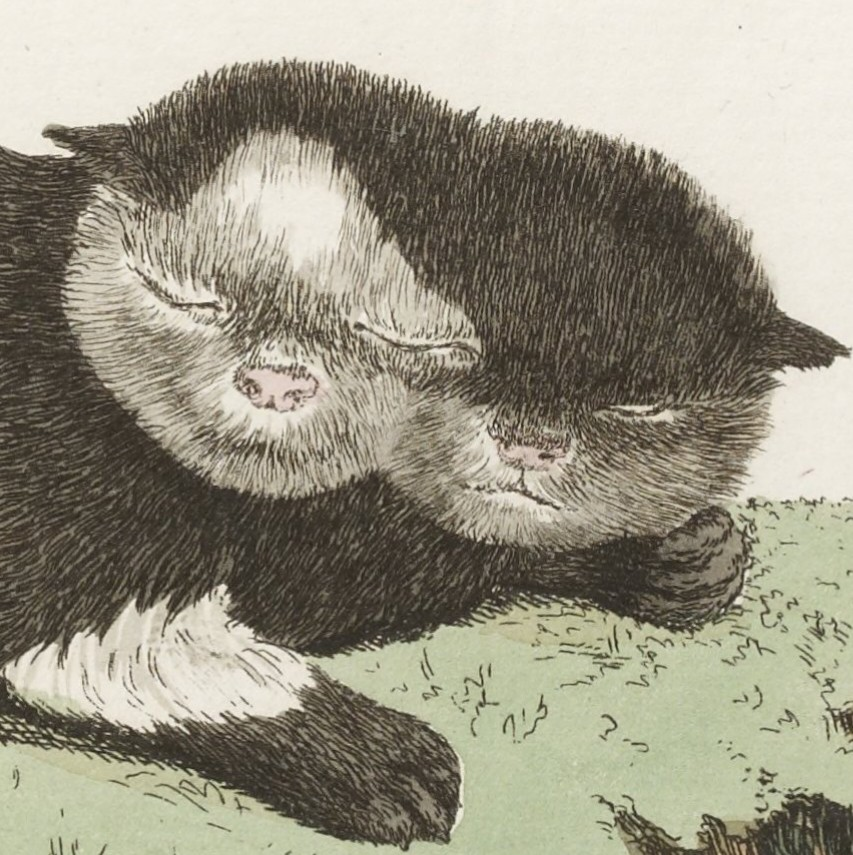When the natural gas industry used the playbook from Big Tobacco | As early as the 1970s, research showed that gas stoves produced indoor air pollution.::As early as the 1970s, research showed that gas stoves produced indoor air pollution.
it brings me genuine glee to see a Technology a Connections link replied to a Climate Town link like those are two of my favorite things
Here is an alternative Piped link(s):
relevant Technology Connections
Piped is a privacy-respecting open-source alternative frontend to YouTube.
I’m open-source; check me out at GitHub.
This video popped to my mind after one second of reading the title. Channels like Climate Town and NotJustBikes has done an invaluable service to society in exposing corporate propaganda.
Mainly that they adopt popular writing and editing conventions and do them well, so that they’re genuinely captivating in addition to being educational, thus making the info more accessible
Here is an alternative Piped link(s):
Piped is a privacy-respecting open-source alternative frontend to YouTube.
I’m open-source; check me out at GitHub.
Is there some different gas used in the US? Here in the EU lots of countries rely on gas for cooking and/or heating and I have never ever heard anything like it could be harmful (except fire hazard, so we have a ton of regulations and setup stuff to prevent that).
Not saying it isn’t bad but usually in the EU we pick on anything even slightly dangerous.
No we picked gas in Europe because it was better than burning coal or wood in your homes, that’s what people did before we used gas, and we found lots of gas fields after the war. It’s still just as bad as US gas. Burning gas in your home creates harmful particulate matter in the air that with longtime exposure can cause asthma and shit, that’s why you need to vent your home while you’re cooking.
Here is more info https://www.tno.nl/en/sustainable/safe-sustainable-living-environment/energy-built-environment/monitoring-energy-performance/indoor-particulate-matter/
It’s not just when you’re cooking is the problem. It’s always releasing toxic fumes
There seems to be some movement on the European side as well.
https://www.politico.eu/article/gas-stove-killer-health-climate-pollution/
It’s the same gas, and it is dangerous. Not as dangerous as actually inhaling smoke or cooking over a wood fire, but a bit dangerous.
All combustion products, including the ones that are created when you cook food on an electric stove, have a camp fire, or are passed by an ICE car are.
Natural gas does burn pretty cleanly. It does doesn’t burn completely into CO2 and water. Other stuff is created too.
my understanding is that there could be several different carbon compounds formed during combustion that are harmful to inhale, but that most of the studies tend to focus on benzene since it is fairly well understood
We have alot of rules wrt. ventilation for gas appliances in the EU. Gas boilers for example have to vent outside away from doorways… I’m not sure if gas cookers need hoods these days or extractor fans are enough.
Edit: Ahh no, just venting… you must have an openable outside door or window, or equivalent ventilation.
Keep in mind that in the US, homes built before say late 70’s leaked, a lot. So this was less of a concern.
Everywhere I lived was built before 1970, until about 1994. Since then I’ve lived in places as old as 1920 (and that was around 2001).
My grandparents house was built in 1900, with a coal-fired furnace. There was no such thing as “sealed” in that place, between the chimneys, giant single-pane wood windows, etc. It was one of thousands (tens of thousands?) like it in their city.
Then there’s rural homes where things like propane are common: old farm houses, trailers (mobile homes), etc. Again, those places never had tight tolerances.
No, it’s just American fearmongering. The compounds created by the burning of gas for cooking can be harmful, but only in ridiculously contrived unrealistic settings. The lack of ventilation (not a lack of good ventilation, mind you, but basically any air movement at all) and time periods required for meaningful detrimental exposure is, plainly, completely unrealistic.
I heard that denaturing proteins with heat also produces carcinogens!
Its almost like we can work to eliminate carcinogens from old stove designs while still letting you enjoy your burnt steak.
That’s a filthy communist lie, they’re trying to take our cheeseburgers away!
I have a gas stove and it was the only thing that we had as a heat source during the 2021 Texas freeze and our power would be out for long stretches at a time (days).
We would purposefully limit its use for that, but goddamn we had on layers and were under blankets and goddamn it was cold. Fucking snowing outside. No water either. Then a boil water advisory so more stove use. Not a fun time, would not recommend.
Have you tried not living in a 3rd world country?
I would be happy to leave if it was 100% up to me, if that’s what you’re asking.
Not really, I don’t even know why I felt like teasing a random Texan. You sound nice, you should move to Oz.
This is the best summary I could come up with:
But I was surprised to learn that the multipronged strategy related to gas stoves directly mirrored tactics that the tobacco industry used to undermine and distort scientific evidence of health risks associated with smoking starting in the 1950s.
This campaign was remarkable, since the basics of how gas stoves affected indoor air pollution and respiratory health were straightforward and well-established at the time.
Industry-funded studies successfully muddied the waters, as I have seen over the course of my research career, and stalled further federal investigations or regulations addressing gas stove safety.
Meet @chef_smb, founder and director of The Prospect KC - a culinary workforce development program in the heart of Kansas City.Learn more about Chef Shanita and how she uses natural gas in her delicious dishes.
Residential gas use is also controversial today because it slows the ongoing shift toward renewable energy, at a time when the impacts of climate change are becoming alarmingly clear.
In my view, exposing the tactics that vested interests use to manipulate the public can make consumers and regulators savvier and help deter other industries from using their playbook.
The original article contains 984 words, the summary contains 184 words. Saved 81%. I’m a bot and I’m open source!
Gas stoves heat things faster and hotter, I’m fine with a slight trade off for those features.
Induction stoves are well ahead of gas. Your views are more than a decade out of date.





